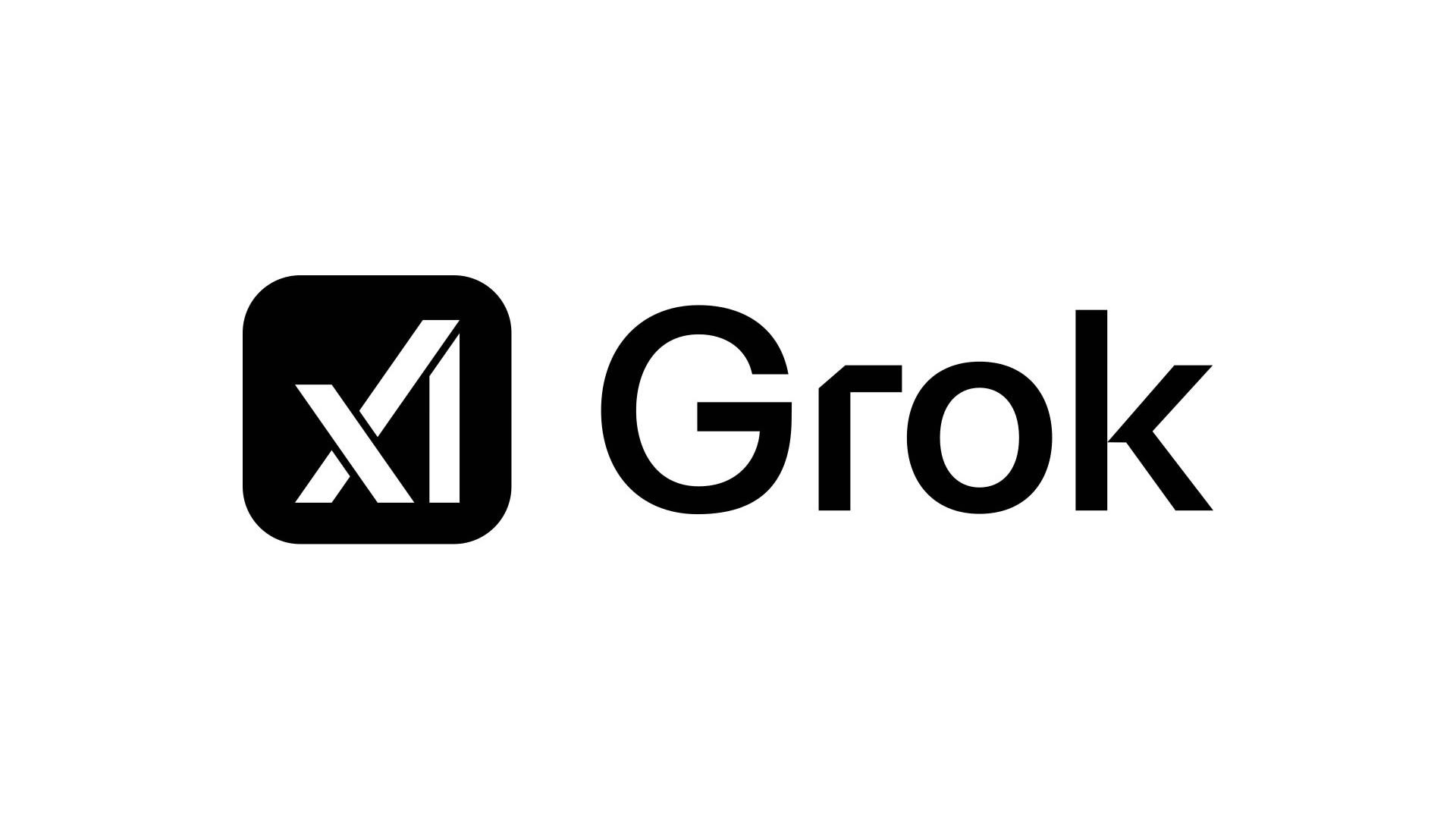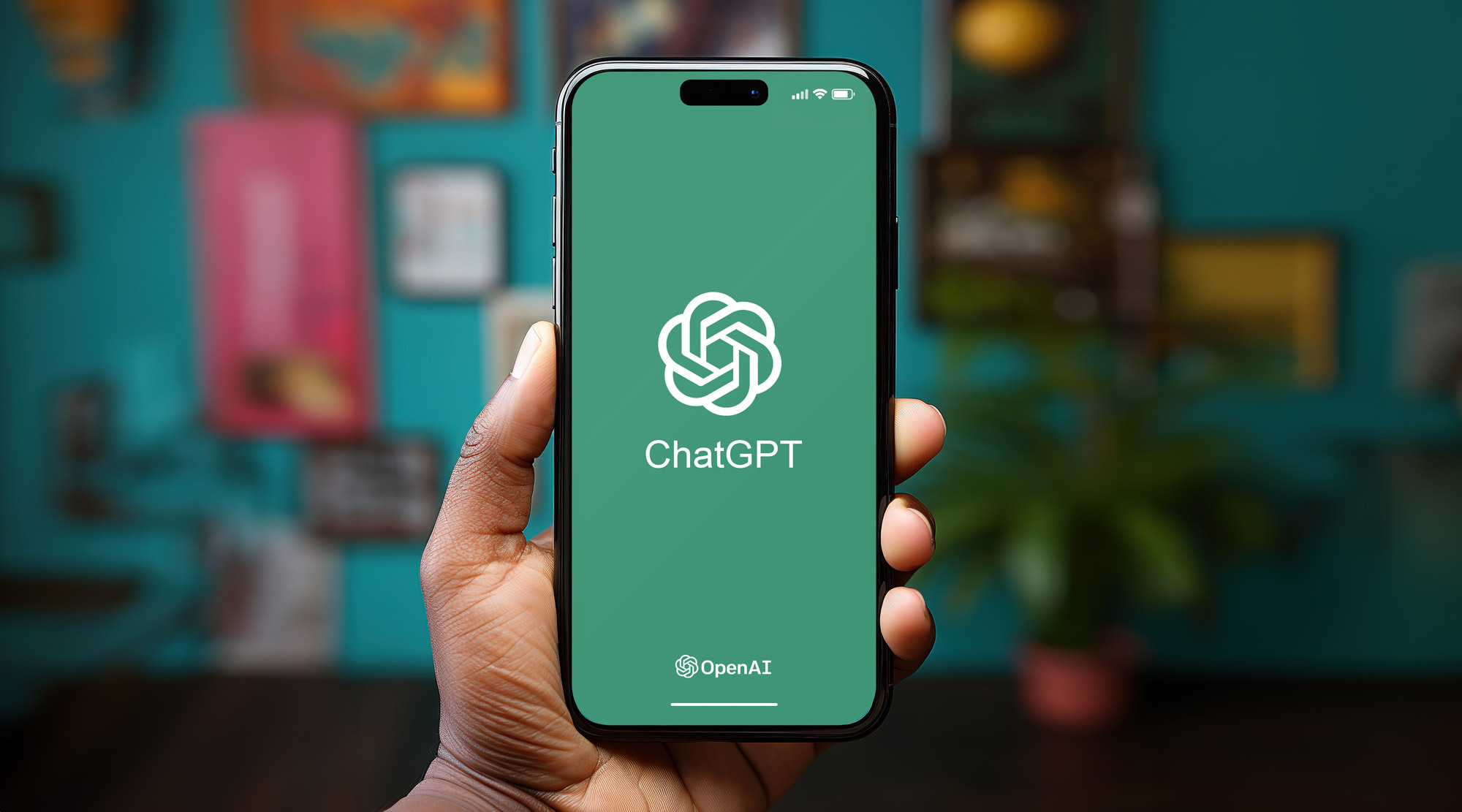There was a flurry of activity in the OpenJDK ecosystem during the week of April 14th, 2025, highlighting eight new JEPs having been elevated from their JEP Drafts to Candidate status. Four of these will be finalized after their respective rounds of preview.
JEP 512, Compact Source Files and Instance Main Methods, has been elevated from its JEP Draft 8344699 to Candidate status. Formerly known as Simple Source Files and Instance Main Methods, this JEP proposes to finalize this feature, with improvements, after four rounds of preview, namely: JEP 495, Simple Source Files and Instance Main Methods (Fourth Preview), delivered in JDK 24; JEP 477, Implicitly Declared Classes and Instance Main Methods (Third Preview), delivered in JDK 23; JEP 463, Implicitly Declared Classes and Instance Main Methods (Second Preview), delivered in JDK 22; and JEP 445, Unnamed Classes and Instance Main Methods (Preview), delivered in JDK 21. This feature aims to “evolve the Java language so that students can write their first programs without needing to understand language features designed for large programs.” This JEP moves forward the September 2022 blog post, Paving the on-ramp, by Brian Goetz, Java Language Architect at Oracle. Gavin Bierman, Consulting Member of Technical Staff at Oracle, has published the first draft of the specification document for review by the Java community. More details on JEP 445 may be found in this InfoQ news story.
JEP 511, Module Import Declarations, has been elevated from its JEP Draft 8344700 to Candidate status. This JEP proposes to finalize this feature, without change, after two rounds of preview, namely: JEP 494, Module Import Declarations (Second Preview), delivered in JDK 24; and JEP 476, Module Import Declarations (Preview), delivered in JDK 23. This feature will enhance the Java programming language with the ability to succinctly import all of the packages exported by a module with a goal to simplify the reuse of modular libraries without requiring to import code to be in a module itself.
JEP 510, Key Derivation Function API, has been elevated from its JEP Draft 8353275 to Candidate status. This JEP proposes to finalize this feature, without change, after one round of preview, namely: JEP 478, Key Derivation Function API (Preview), delivered in JDK 24. This features introduces an API for Key Derivation Functions (KDFs), cryptographic algorithms for deriving additional keys from a secret key and other data, with goals to: allow security providers to implement KDF algorithms in either Java or native code; and enable the use of KDFs in implementations of JEP 452, Key Encapsulation Mechanism.
JEP 509, JFR CPU-Time Profiling (Experimental) has been elevated from its JEP Draft 8337789 to Candidate status. This experimental JEP proposes to enhance the JDK Flight Recorder (JFR) to allow for capturing CPU-time profiling information on Linux OS.
JEP 508, Vector API (Tenth Incubator), has been elevated from its JEP Draft 8353296 to Candidate status. This JEP proposes a tenth incubation in JDK 25, with no API changes and no substantial implementation changes since JDK 24, after nine rounds of incubation, namely: JEP 489, Vector API (Ninth Incubator), delivered in JDK 24; JEP 469, Vector API (Eighth Incubator), delivered in JDK 23; JEP 460, Vector API (Seventh Incubator), delivered in JDK 22; JEP 448, Vector API (Sixth Incubator), delivered in JDK 21; JEP 438, Vector API (Fifth Incubator), delivered in JDK 20; JEP 426, Vector API (Fourth Incubator), delivered in JDK 19; JEP 417, Vector API (Third Incubator), delivered in JDK 18; JEP 414, Vector API (Second Incubator), delivered in JDK 17; and JEP 338, Vector API (Incubator), delivered as an incubator module in JDK 16. This feature introduces an API to “express vector computations that reliably compile at runtime to optimal vector instructions on supported CPU architectures, thus achieving performance superior to equivalent scalar computations.” The Vector API will continue to incubate until the necessary features of Project Valhalla become available as preview features. At that time, the Vector API team will adapt the Vector API and its implementation to use them, and will promote the Vector API from Incubation to Preview.
JEP 507, Primitive Types in Patterns, instanceof, and switch (Third Preview), has been elevated from its JEP Draft 8349215 to Candidate status. This JEP, under the auspices of Project Amber, proposes a third round of preview, without change, to gain additional experience and feedback from the previous two rounds of preview, namely: JEP 488, Primitive Types in Patterns, instanceof, and switch (Second Preview), delivered in JDK 24; and JEP 455, Primitive Types in Patterns, instanceof, and switch (Preview), delivered in JDK 23. This feature enhances pattern matching by allowing primitive type patterns in all pattern contexts, and extending instanceof and switch to work with all primitive types. More details may be found in this draft specification by Aggelos Biboudis, Principal Member of Technical Staff at Oracle.
JEP 506, Scoped Values, has been elevated from its JEP Draft 8352695 to Candidate status. Formerly known as Extent-Local Variables (Incubator), this JEP proposes to finalize this feature, without change, after four rounds of preview, namely: JEP 487, Scoped Values (Fourth Preview), delivered in JDK 24; JEP 481, Scoped Values (Third Preview), delivered in JDK 23; JEP 464, Scoped Values (Second Preview), delivered in JDK 22; JEP 446, Scoped Values (Preview), delivered in JDK 21; and JEP 429, Scoped Values (Incubator), delivered in JDK 20. This feature enables sharing of immutable data within and across threads. This is preferred to thread-local variables, especially when using large numbers of virtual threads.
JEP 505, Structured Concurrency (Fifth Preview), has been elevated from its JEP Draft 8340343 to Candidate status. This JEP proposes a fifth preview, with several API changes, to gain more feedback from the previous four rounds of preview, namely: JEP 499, Structured Concurrency (Fourth Preview), delivered in JDK 24; JEP 480, Structured Concurrency (Third Preview), delivered in JDK 23; JEP 462, Structured Concurrency (Second Preview), delivered in JDK 22; and JEP 453, Structured Concurrency (Preview), delivered in JDK 21. This feature simplifies concurrent programming by introducing structured concurrency to “treat groups of related tasks running in different threads as a single unit of work, thereby streamlining error handling and cancellation, improving reliability, and enhancing observability.” One of the proposed API changes involves the StructuredTaskScope interface to be opened via static factory methods rather than public constructors.
JDK 25 Feature Set (So Far) and Release Schedule
The JDK 25 release schedule, as approved by Mark Reinhold, Chief Architect, Java Platform Group at Oracle, is as follows:
- Rampdown Phase One (fork from main line): June 5, 2025
- Rampdown Phase Two: July 17, 2025
- Initial Release Candidate: August 7, 2025
- Final Release Candidate: August 21, 2025
- General Availability: September 16, 2025
With less than two months before the scheduled Rampdown Phase One, where the feature set for JDK 25 will be frozen, these are the two JEPs included in the feature set so far:
Despite not having been formally targeted at this time, it has already been determined that JEP 508, Vector API (Tenth Incubator), will be included in the feature set for JDK 25.










